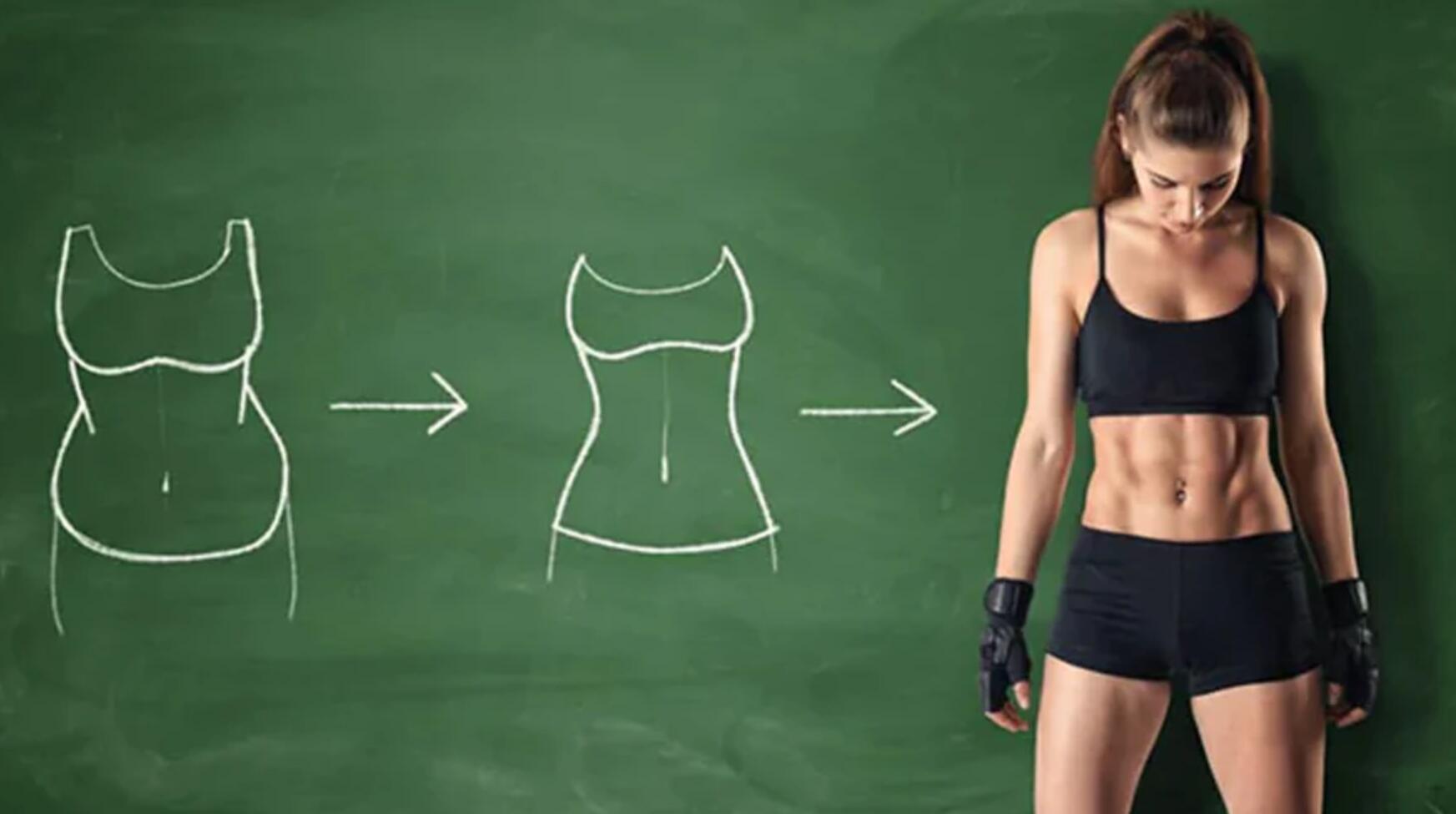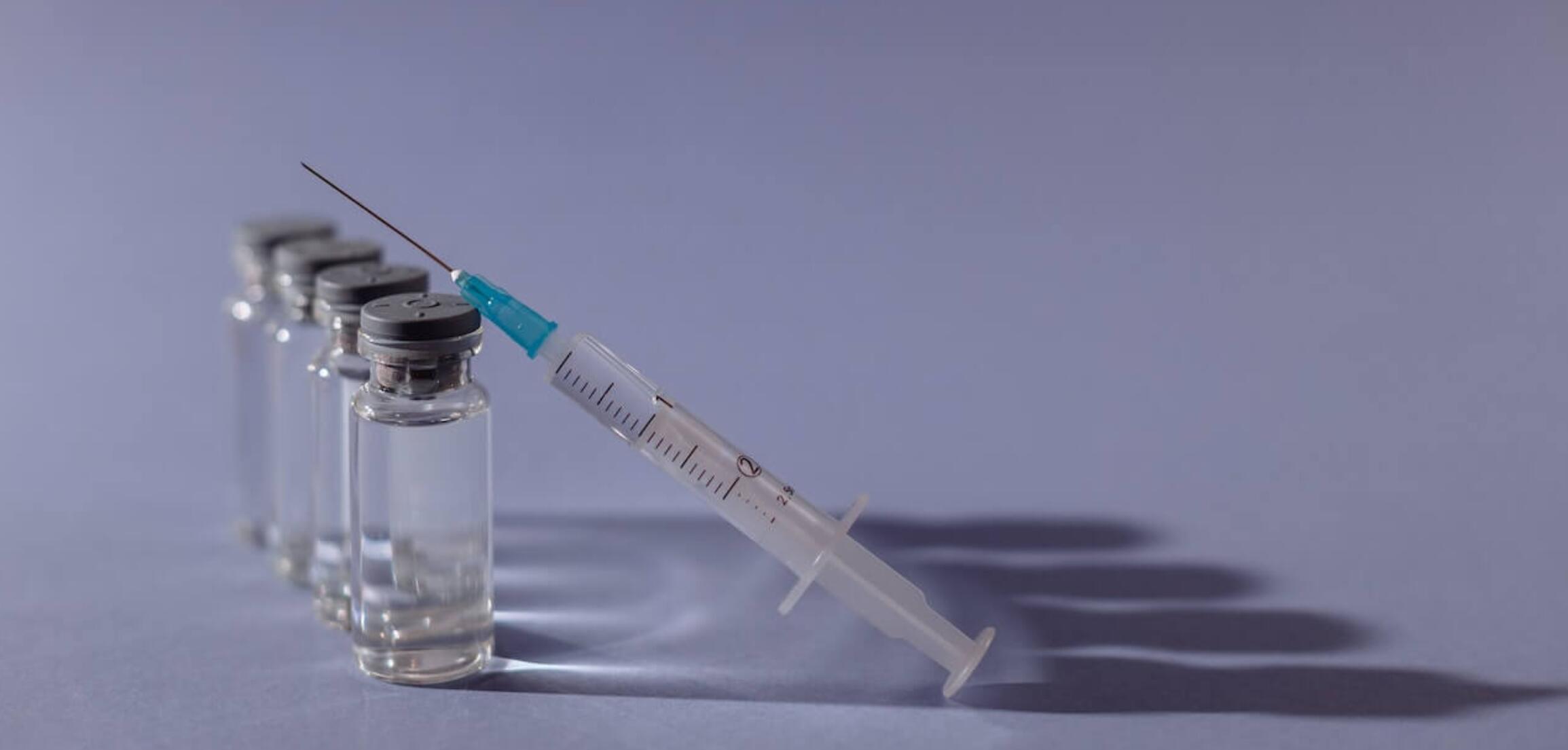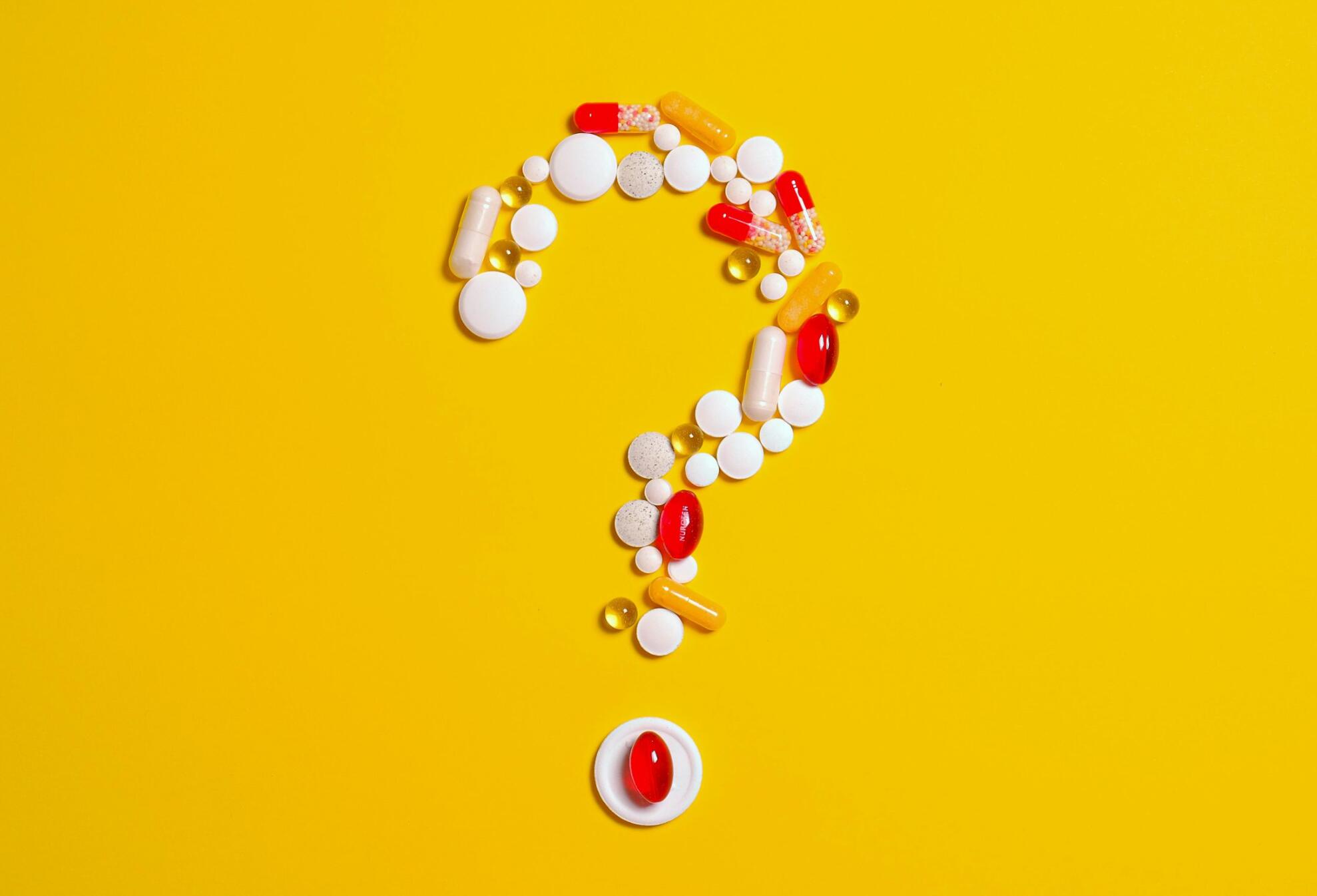Fat loss is often seen as a complex and elusive goal, yet it comes down to three main pillars: diet, exercise, and supplementation. While there are no shortcuts to losing fat, an integrated approach that includes smart dietary choices, regular physical activity, and targeted supplementation can enhance results. In this article, we’ll discuss these factors in detail, offering science-backed insights on how to optimize fat loss.
1. The Role of Diet in Fat Loss
One of the most important factors in fat loss is diet. No supplement, no matter how powerful, can overcome poor eating habits. To effectively burn fat, it’s essential to understand the relationship between calories, macronutrients, and nutrient timing.
Creating a Caloric Deficit
The cornerstone of any fat loss plan is caloric deficit—the state where you consume fewer calories than you burn. This forces the body to tap into fat stores for energy. The general recommendation is to aim for a 500 to 750-calorie deficit per day, which can lead to a healthy weight loss of around 1-2 pounds per week. However, the exact number of calories depends on factors like age, gender, activity level, and metabolic rate.
A good place to start is by calculating your Total Daily Energy Expenditure (TDEE), which estimates the number of calories you burn daily. From there, you can adjust your food intake to create a calorie deficit.
Macronutrients: Protein, Carbs, and Fats
The composition of your diet is just as important as the total number of calories. The three main macronutrients—protein, carbohydrates, and fats—should be balanced appropriately to support fat loss while maintaining muscle mass.
- Protein: Protein is crucial for muscle maintenance, especially when in a calorie deficit. Higher protein intake helps preserve lean muscle mass while the body burns fat for energy. Aim for about 6-2.2 grams of protein per kilogramof body weight, depending on your activity level and goals (Jäger et al., 2017).
- Carbohydrates: Carbs are the body’s primary energy source. While low-carb diets are popular, carbs are essential for fueling workouts, especially intense exercise. A moderate intake of complex carbohydrates, such as whole grains, vegetables, and fruits, will provide sustained energy without spiking blood sugar.
- Fats: Healthy fats are essential for hormone production and overall health. Opt for sources like avocados, nuts, seeds, and fatty fish. Avoid excessive consumption of trans fats and refined oils, which can lead to weight gain.
Importance of Fiber
Fiber plays a significant role in fat loss. Not only does it help with digestion and bowel health, but it also improves satiety, reducing the likelihood of overeating. Fiber-rich foods like vegetables, fruits, legumes, and whole grains can help manage hunger throughout the day.
Hydration
Water is often overlooked but is a crucial part of fat loss. Proper hydration supports metabolic functions and enhances workout performance. Drinking water before meals can also help you feel full, leading to reduced calorie intake.

2. The Role of Exercise in Fat Loss
While diet is essential for fat loss, exercise is the vehicle that drives the process. Regular physical activity increases the number of calories burned, helps maintain lean muscle mass, and accelerates fat loss.
Resistance Training: Building Lean Muscle
Building muscle through resistance training is one of the most effective ways to promote fat loss. Strength training exercises like squats, deadlifts, and push-ups increase muscle mass, which in turn raises your resting metabolic rate (RMR)—the number of calories your body burns while at rest. A higher RMR means you burn more calories throughout the day, even when you’re not exercising.
Studies have shown that strength training can increase muscle mass and improve body composition, even without significant weight loss (Schoenfeld, 2010). Aim for at least 2-3 resistance training sessions per week, targeting all major muscle groups.
Cardiovascular Exercise: Burning Fat Efficiently
Cardio exercise, such as running, cycling, or swimming, is another essential component of a fat loss regimen. Cardiovascular activity increases your heart rate and calorie expenditure, leading to greater fat burning.
High-Intensity Interval Training (HIIT) is particularly effective for fat loss. HIIT involves alternating between short bursts of intense exercise and brief rest periods. This type of training has been shown to burn fat while preserving lean muscle mass, making it an ideal choice for those seeking to lose fat without sacrificing muscle (Keating et al., 2017).
A typical HIIT session can last anywhere from 15 to 30 minutes and can be done 3-4 times per week for maximum results.
The Importance of Consistency
Consistency is key to fat loss. A combination of resistance training, cardio, and daily movement (like walking or standing) will significantly increase your calorie expenditure, aiding in the creation of a consistent caloric deficit. Aim for at least 30 minutes of moderate exercise daily, alongside strength training 2-3 times per week.
3. The Role of Supplements in Fat Loss
While supplements alone will not lead to fat loss, they can enhance your efforts when combined with proper diet and exercise. Certain fat loss supplements have been shown to increase metabolism, improve fat oxidation, or suppress appetite.
- Peptide: Boosting Metabolism and Preserving Muscle
One supplement worth considering is Peptide, a synthetic peptide that promotes fat burning while preserving lean muscle mass. By stimulating the release of growth hormones, Peptide increases metabolic rate, encouraging the body to use stored fat for energy. It can also improve workout performance, leading to greater fat loss over time.
Lcdpfitness Peptide works by activating thermogenesis—your body’s heat-producing mechanism—which can further increase calorie burning and fat oxidation (Kuzmin et al., 2022).
For optimal results, Peptide can be paired with a well-structured diet and exercise plan, but it should not be relied on as a sole solution for fat loss.
- Caffeine: Enhancing Fat Oxidation
Caffeine is one of the most well-researched fat loss supplements. It works by stimulating the central nervous system and increasing metabolism. Caffeine has been shown to increase fat oxidation, leading to greater fat loss during exercise and at rest (Buurma et al., 2020).
Consuming caffeine before workouts can enhance endurance and energy, allowing you to push through more intense sessions and burn more calories. It’s important to start with moderate doses—around 100 mg—and monitor tolerance to avoid side effects like jitteriness or insomnia.
- Green Tea Extract: Fighting Fat with Antioxidants
Green tea extract is another popular fat loss supplement. It contains catechins, particularly EGCG (epigallocatechin gallate), which has been shown to increase fat burning. Studies have demonstrated that green tea extract can boost fat oxidation, especially during exercise (Hursel et al., 2009).
Green tea extract is available in supplement form, but drinking a few cups of green tea daily can also provide similar benefits. Aim for about 300 mg of green tea extract per day for optimal fat-burning effects.

4. The Importance of Lifestyle and Consistency
Beyond diet, exercise, and supplements, lifestyle factors such as sleep and stress management play crucial roles in fat loss. Lack of sleep can disrupt metabolic function, while chronic stress can lead to an increase in cortisol, a hormone linked to fat retention, particularly in the abdominal area (Lavery et al., 2011).
Aim for 7-9 hours of sleep per night and engage in stress-reducing activities like meditation or yoga to support your fat loss goals.
5. Monitoring Progress and Making Adjustments
Tracking progress is essential for staying motivated and adjusting your approach as needed. Consider using tools like body fat percentage measurements, progress photos, and workout performance to gauge your fat loss progress. Remember, the scale doesn’t tell the full story—focus on how your body composition is changing.
Conclusion: The Best Fat Loss Supplement Is a Balanced Approach
While fat loss supplements like Lcdpfitness Peptide, caffeine, and green tea extract can enhance your results, they should never be relied upon as the sole solution. The best fat loss supplement is a balanced approach that includes a well-structured diet, regular exercise, and healthy lifestyle choices. By consistently following these principles, you’ll be on your way to achieving your fat loss goals.
Before introducing any supplements into your routine, consult with a healthcare professional to ensure they are safe for you, especially if you have underlying health conditions.
References:
- Jäger, R., et al. (2017). “International Society of Sports Nutrition Position Stand: Protein and Exercise.” Journal of the International Society of Sports Nutrition.
- Kuzmin, E., et al. (2022). “Thermogenesis and Fat Loss: The Role of Peptides.” Metabolism Journal.
- Buurma, M., et al. (2020). “Effects of Caffeine on Fat Oxidation During Exercise.” Sports Medicine.
- Hursel, R., et al. (2009).



